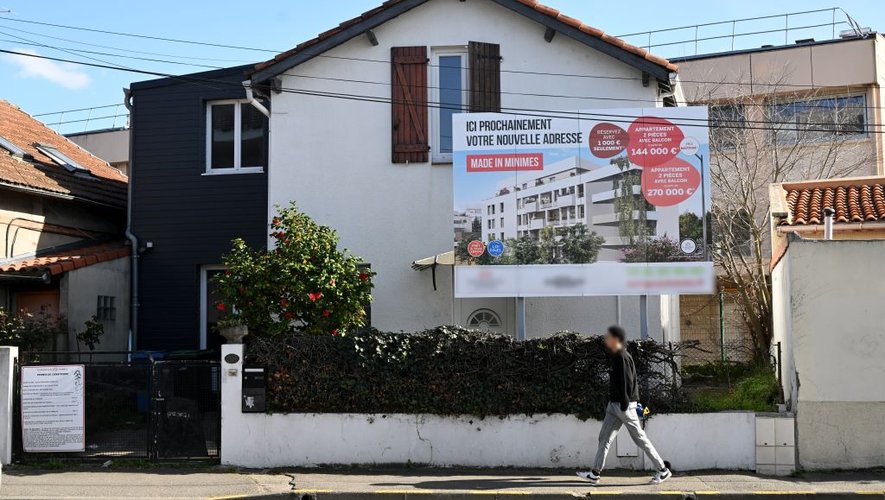Without a local urban planning plan since its annulment by the courts, Toulouse Métropole is developing the first project in France which integrates the objective of land sobriety imposed by the Climate law. This Thursday, a first version of the new mapping, before public inquiry, was voted on by elected officials.
Since this Thursday, residents have found an urban planning rule. More precisely, a first version which will be submitted to a public inquiry before being voted on at the end of 2025. But a first version which already sets, down to the plot, the constructability for the period 2025-2035.
Concretely, at the beginning of July, when the PLU is put online on the Metropolis website, residents will be able to see if their land, that of their neighbors and those of the neighborhood are likely to receive new construction: houses, extensions, buildings, etc.
7,400 new housing units per year
Since 2021 and the Climate law, the city’s manufacturing rules have changed. The use of natural, agricultural and forest land must be halved compared to consumption over the last ten years. With the objective of zero net artificialization in 2050. In other words, for ecological reasons and to fight against urban sprawl, expansion on virgin land becomes the exception. And densification, already underway, rules it.
Toulouse and the 36 municipalities will therefore further urbanize and buildings will grow. But not just anywhere and how. To accommodate 9,000 new inhabitants per year (including 60% linked to births) – the objective set by the Metropolis given its demographics – which corresponds to the construction of 7,400 housing units per year, the plan first determines areas. The first zone (Toulouse, Blagnac and Colomiers) must receive 53,760 housing units, or 72% of needs, including 64% in Toulouse. The second (Balma and Tournefeuille) 4,790. Then a first crown 10,040. And finally, the remaining municipalities 5,790.
Other main principles: these new constructions, still little appreciated by the population, must be concentrated along public transport routes, starting with the 3rd metro line. The plan provides for 90% of construction in these corridors. But also in areas where town planning is regulated such as ZACs.
It is thanks to an in-depth study of what it is possible to build in the already urbanized areas in Toulouse but also in the municipalities that these quotas could be determined. And Toulouse, with the 3rd line and its new districts, can still absorb most of the needs.
Advantage of densification: 97% of the territory’s natural spaces are preserved in the new urban plan. The Metropolis plans to consume a reduced quantity of natural land, 480 hectares maximum. The distribution of 382 of these hectares is already planned: 171 for housing, 54 for employment… In this new map of urbanization, Airbus and the aeronautical industry, although falling within a national land envelope, are subject to the same rule of sobriety.

